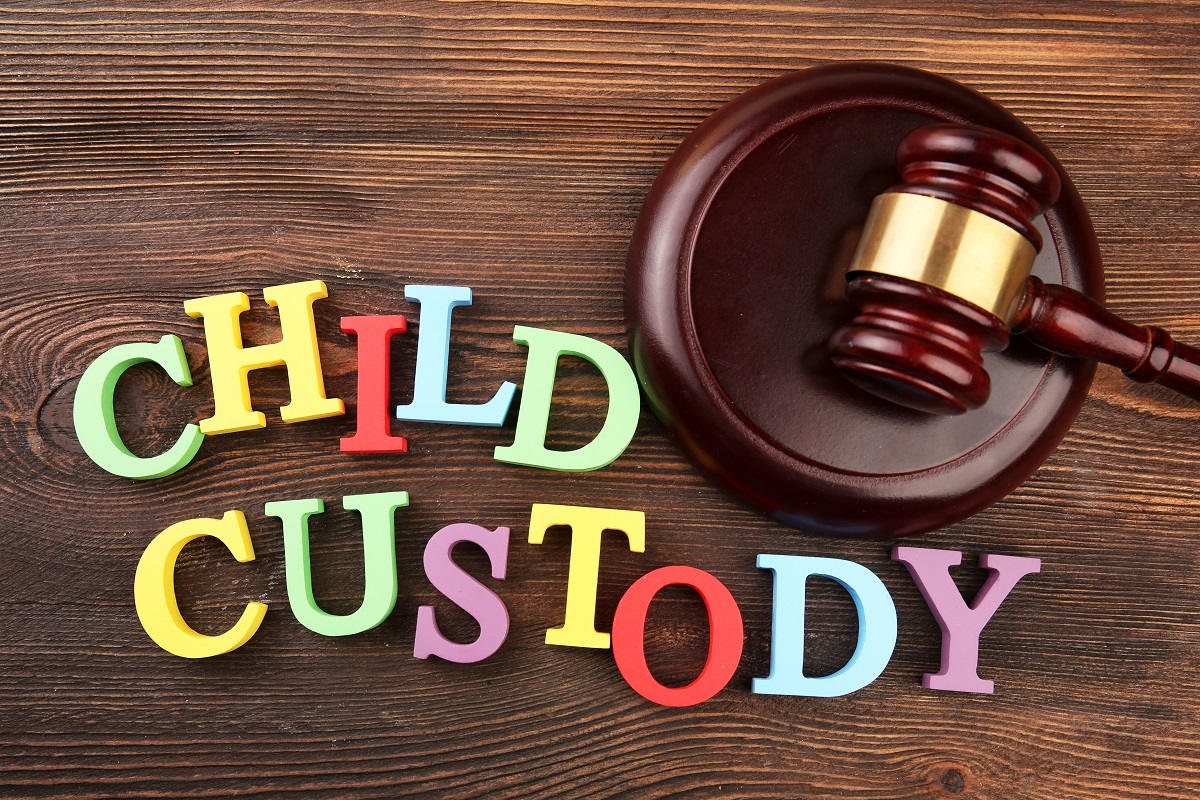- Prioritize children’s best interests during a divorce to ensure their emotional well-being.
- Consider custody arrangements early in the process to provide a sense of stability for your children.
- Be honest and respectful when communicating with your ex-partner to maintain open communication channels.
- Seek professional help in the form of counseling or support groups to provide emotional support for both you and your children.
Divorcing is challenging, but it becomes even more complicated when children are involved. Many families struggle to keep it together during a divorce to avoid affecting their children’s well-being. As much as parents try to make the process seamless, significant challenges will always exist. Knowing how to navigate a divorce when you have children is essential to ensure your family’s welfare. Here are some tips to make the process manageable.
1. Prioritize Your Children’s Best Interests
Divorce is not only legal but also an emotional process. You may feel torn between the end of a relationship, feelings of grief, and a desire for the best outcome for your children. However, during a divorce, it’s critical to put emotions aside and prioritize your children’s best interests above all. As parents, you need to be mindful of the impact of divorce on your children and adopt an approach that considers their emotional well-being.
You want to ensure your children’s needs are met throughout the divorce process. You should also maintain a positive relationship with your ex-partner and keep communication open for your children’s sake. This will make the process easier for your kids.
2. Consider Custody Arrangements Early Enough

One of the most challenging parts of divorce, when children are involved, is the custody arrangements. Parents must make arrangements within the law to suit their specific circumstances, whether in joint or sole custody. Ideally, custody arrangements should be made as early as possible in the divorce process to ensure everyone at home knows what to expect. If a custody arrangement cannot be reached amicably, it may be necessary to seek legal intervention to ensure the welfare of the children.
Working with an experienced divorce attorney can help protect your rights and your children’s best interests. They can review the details of your divorce and advise you on the best course of action. Look for a lawyer specializing in family law and has experience helping people through the divorce process.
3. Keep Communication Channels Open
Communication between couples is critical in situations such as divorce, especially when you have children. Communicate with each other about concerns or issues affecting your children. Keeping open communication channels benefits everyone in the family. Here are some tips:
a. Be honest and respectful in your conversations.
Whenever you talk to your ex-partner, do it with respect. Respectful conversations will help keep the channels open and make it easier for both of you to make decisions.
b. Discuss matters in a neutral environment.
Choose a place where both of you feel comfortable talking, such as a café or restaurant. This will help to ensure that the conversations remain civil and productive.
c. Avoid engaging in heated arguments with your ex-partner.
Arguing in the presence of your children can harm their emotional well-being and make it difficult for them to cope with the divorce. If you find yourself getting too heated, walk away and return to the conversation when both of you are calm.
d. Encourage open communication between your children and their other parent.
Encourage your children to talk to their other parent about matters that concern them, such as their feelings and worries about the divorce. This will help them stay connected to both parents during the complex process.

4. Get Support from Professionals
Divorce is not easy for anyone involved, but it can be especially difficult for children. Parents may find it challenging to guide their children through the experience. Hence, seeking professional counseling services for your children and yourself during and after the divorce is advisable. Professional guidance provides the emotional support necessary to navigate through this challenging time. Counseling services can also help establish healthy communication habits for parents and their children.
You may also choose to seek support from support groups. Attending meetings with other people going through similar experiences can help you understand your situation better and receive encouragement. Find a support group in your area that best meets your needs.
Navigating divorce when children are involved is an emotional and challenging process. The steps outlined above can help make the process more manageable. Always prioritize your children’s welfare, consider custody arrangements early enough, keep communication channels open, and seek professional support. Each step contributes to the children’s emotional well-being and helps you form a successful co-parenting plan. Remember, the impact of divorce on children is significant and requires parents to approach this life-changing event with thoughtfulness and patience.

